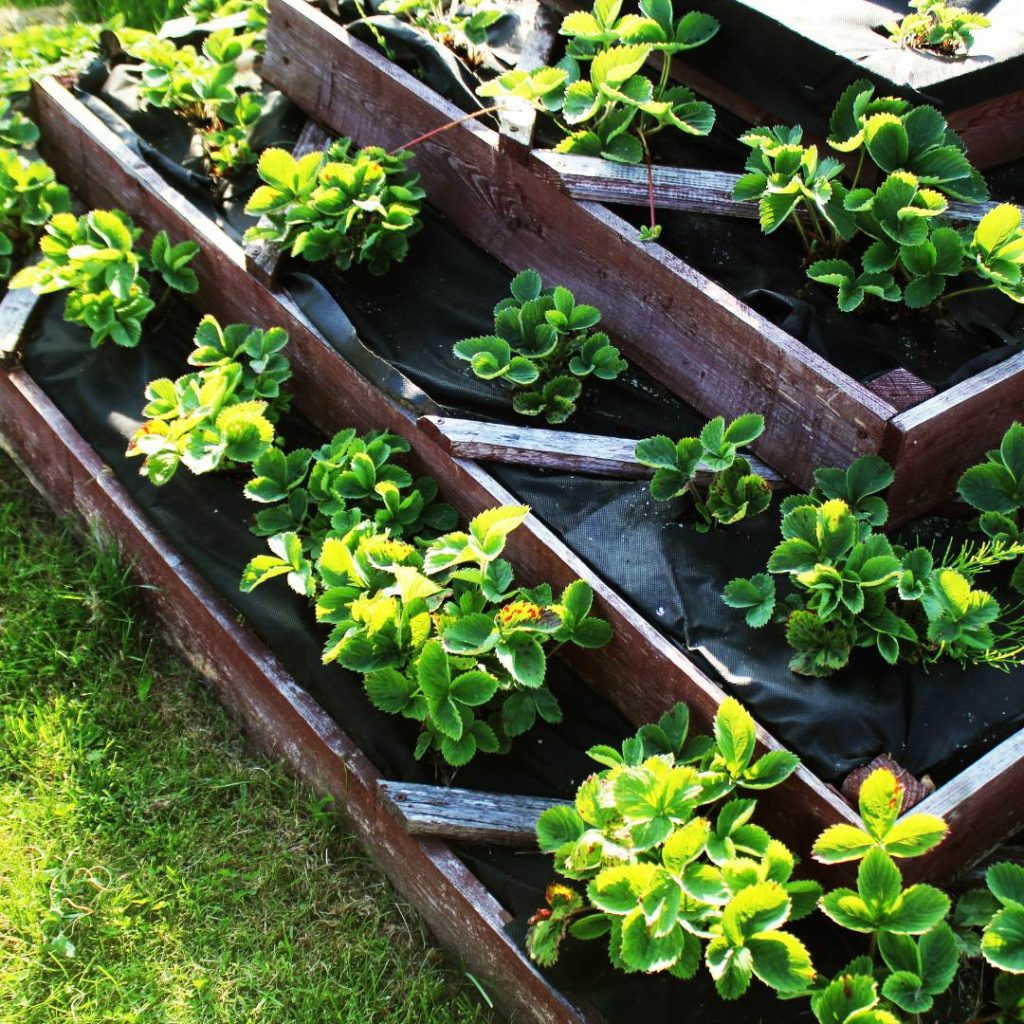
Lining a raised garden bed serves several important purposes:
It helps to prevent weeds from growing into the bed, it can stop certain pests from getting to your plants, and in some cases, it can help to prevent potentially harmful substances from leaching into the soil.
However, whether or not you should line your raised bed depends on what it’s made of, what you’re planting, and where it’s located.
Types of Linings:
Landscape Fabric
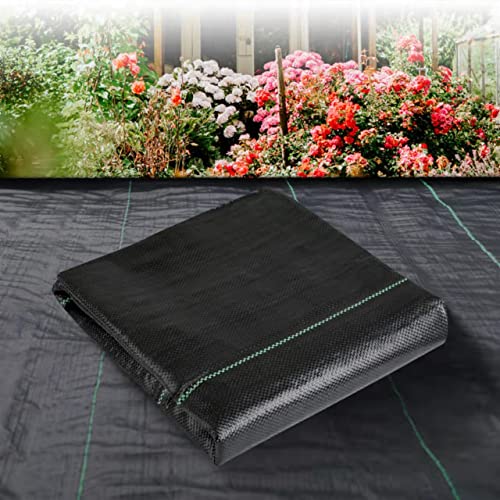
This is a breathable fabric that allows water to drain while preventing weeds from growing into the bed.
It’s also durable enough to provide a barrier against pests like moles or gophers.
Plastic Sheeting
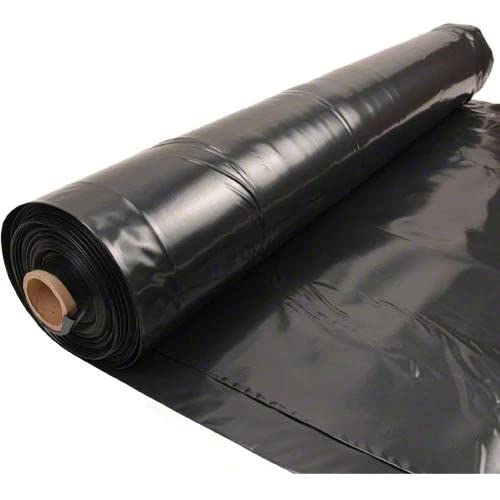
This will provide a solid barrier against pests and weeds and is best used for raised beds built with materials that could potentially leach unwanted substances into the soil, like treated wood or concrete blocks.
Cardboard or Newspaper
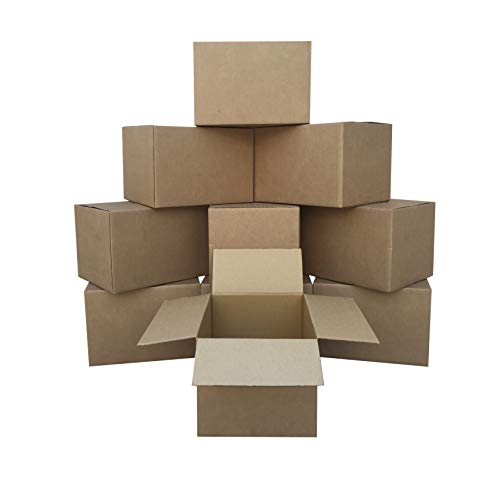
This is an eco-friendly, biodegradable option that provides an initial barrier against weeds.
Over time, it will break down and improve soil structure.
Wire Mesh or Hardware Cloth
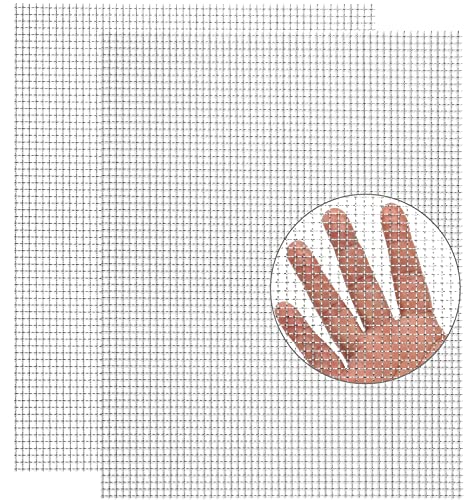
This type of liner is effective at preventing burrowing pests like moles, gophers, or voles from entering the raised bed from below.
Burlap
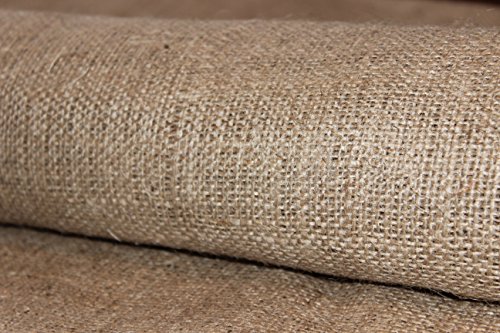
This is a breathable and biodegradable option, often used as a liner for wooden raised beds.
It can help contain the soil while still allowing water to drain.
Pros of Lining a Raised Bed:
Weed Control
A liner can prevent weeds from growing up into your bed from the ground below.
Pest Control
Certain liners, like hardware cloth or plastic, can help prevent burrowing pests from reaching your plants.
Protects Wood
A liner can help protect wooden sides from direct contact with moist soil, potentially extending the life of the raised bed.
Prevents Leaching
If your raised bed is made from treated wood or other potentially harmful materials, a liner can prevent these substances from leaching into the soil.
Cons of Lining a Raised Bed:
Reduced Drainage
Some types of liners, particularly non-permeable ones, may hinder drainage and lead to water-logged soil.
A Barrier to Earthworms and Beneficial Organisms
A solid liner can prevent beneficial organisms like earthworms from entering your bed, which can reduce soil health and fertility over time.
May Degrade
Some liners, like cardboard or landscape fabric, will break down over time and need to be replaced.

Konnichiwa! (Hello!) I'm Pat Tokuyama, a Japanese tofu cookbook author, who travels for music, food, and adventure. If you like Japanese tea, checkout some of the newestorganic japanese tea, matcha bowls and noren and more!
** Curious about the Plant Based Japanese Cooking Club? ** Learn more here!
Cost and Labor
There is an added expense for the materials, and it requires additional work to install a liner.
Harvest Joy Year-Round: AeroGarden Harvest
 AeroGarden Harvest with Gourmet Herb Seed Pod Kit
AeroGarden Harvest with Gourmet Herb Seed Pod Kit Easily cultivate indoor gardens with the AeroGarden Harvest. This hydroponic system supports six plants up to 12 inches tall, thriving in water without soil mess. Its 20W LED grow light accelerates germination, mimicking sunlight. The touch-sensitive control panel simplifies monitoring, reminding you to add water and plant food. Complete with LED grow light system, power adapter, plant food, and Gourmet Herb Seed Pod Kit, it's all you need for vibrant indoor greenery. Start your hassle-free gardening journey today!
- Indoor gardening made easy with AeroGarden Harvest, eliminating soil mess.
- Year-round harvests regardless of outdoor conditions.
- Compact countertop design accommodates six plants.
- Accelerated growth thanks to the 20W LED grow light.
- Higher upfront cost compared to traditional gardening methods.
- Reliance on electricity for the LED light increases energy consumption.
- Limited plant variety may be restrictive for some users.
Conclusion
Choosing to use a liner will depend on your specific circumstances, including the construction of your raised bed, your local climate, the type of plants you are growing, and the specific challenges you face in terms of pests and weeds.


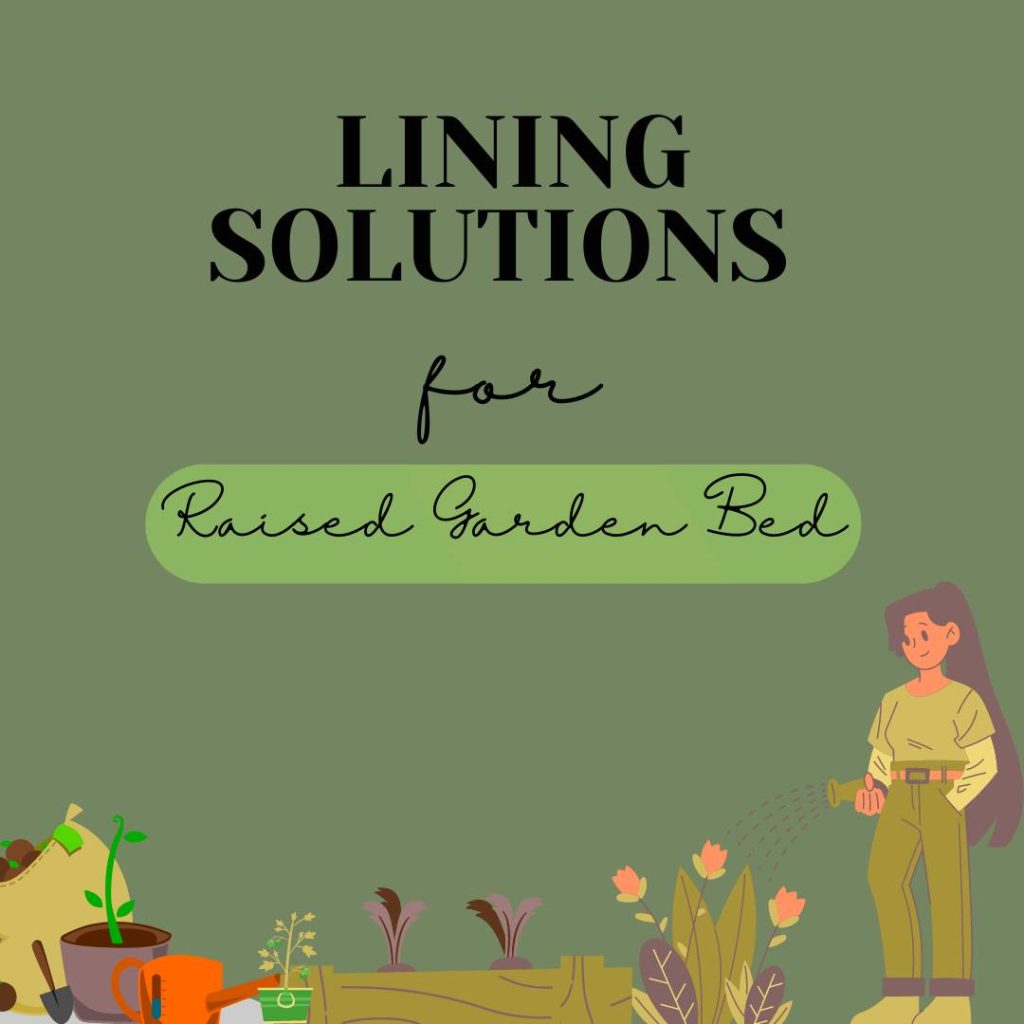

Konnichiwa! (Hello!) I'm Pat Tokuyama, a Japanese tofu cookbook author, who travels for music, food, and adventure. If you like Japanese tea, checkout some of the newestorganic japanese tea, matcha bowls and noren and more!
** Curious about the Plant Based Japanese Cooking Club? ** Learn more here!